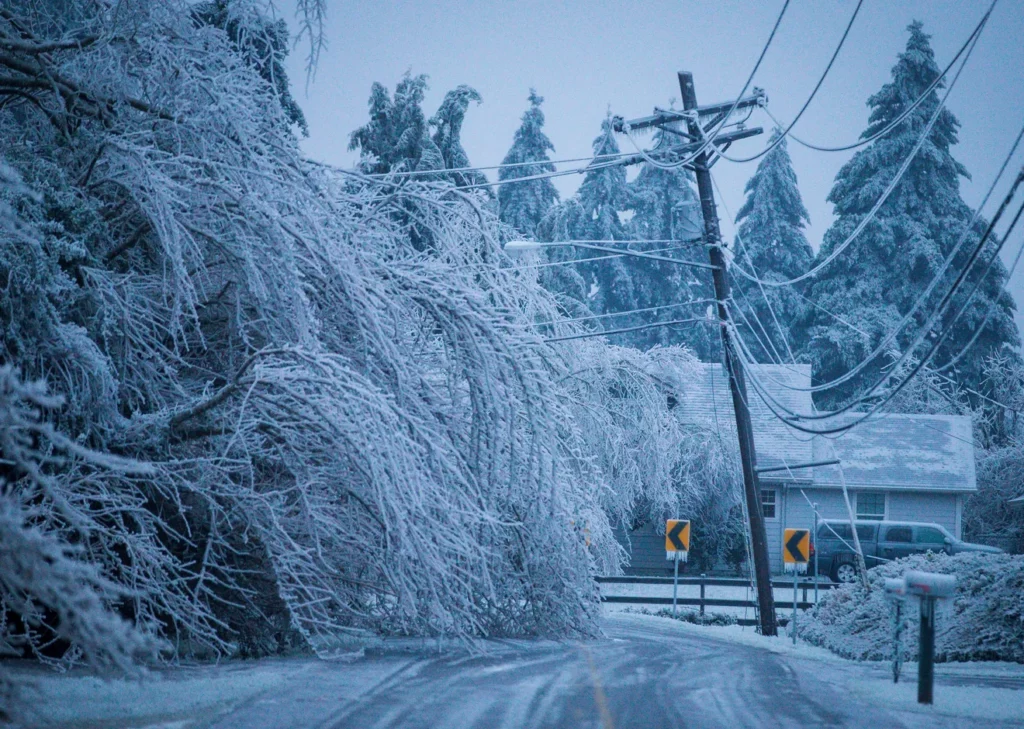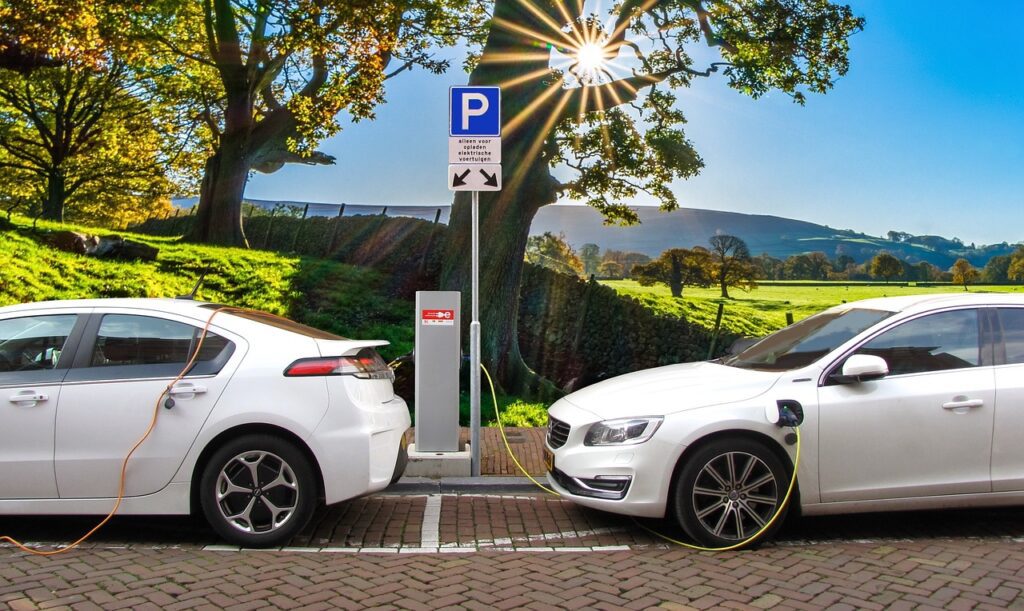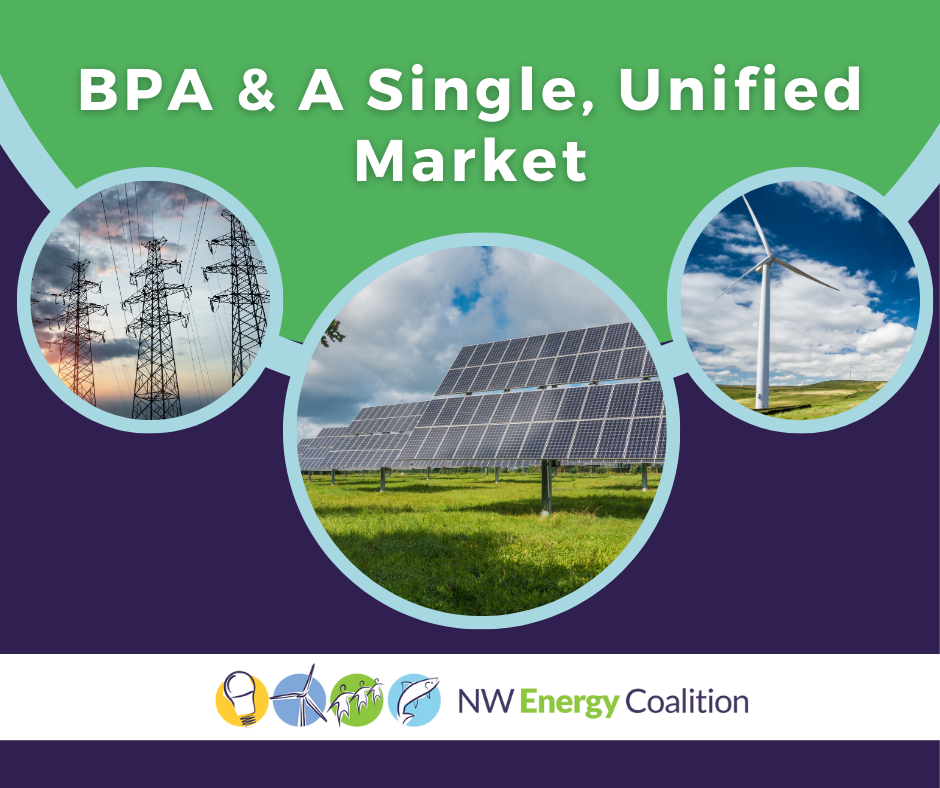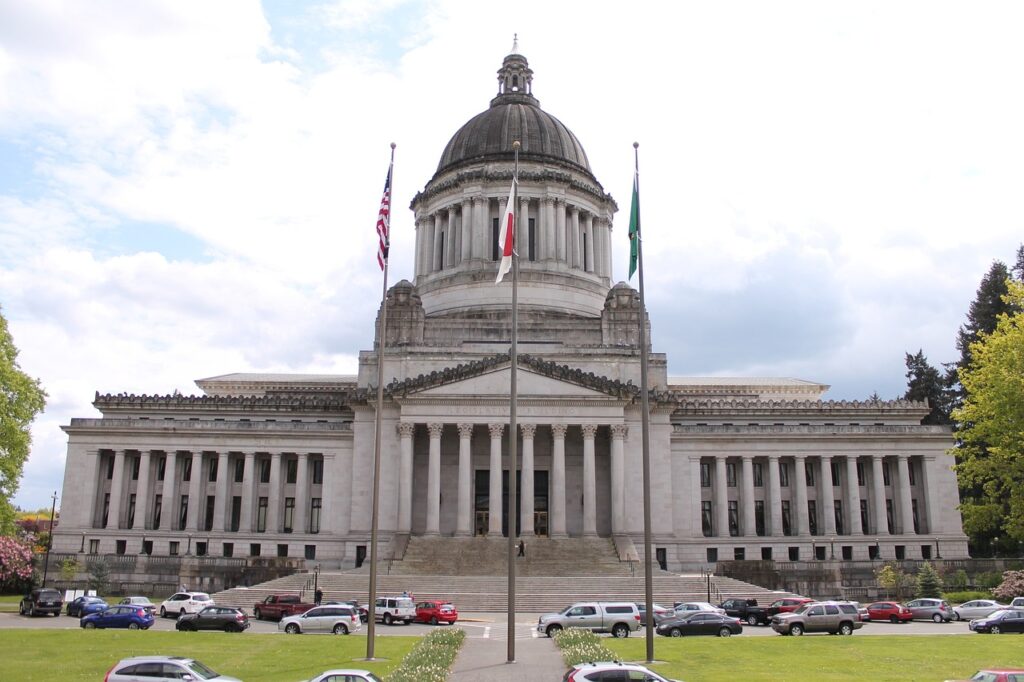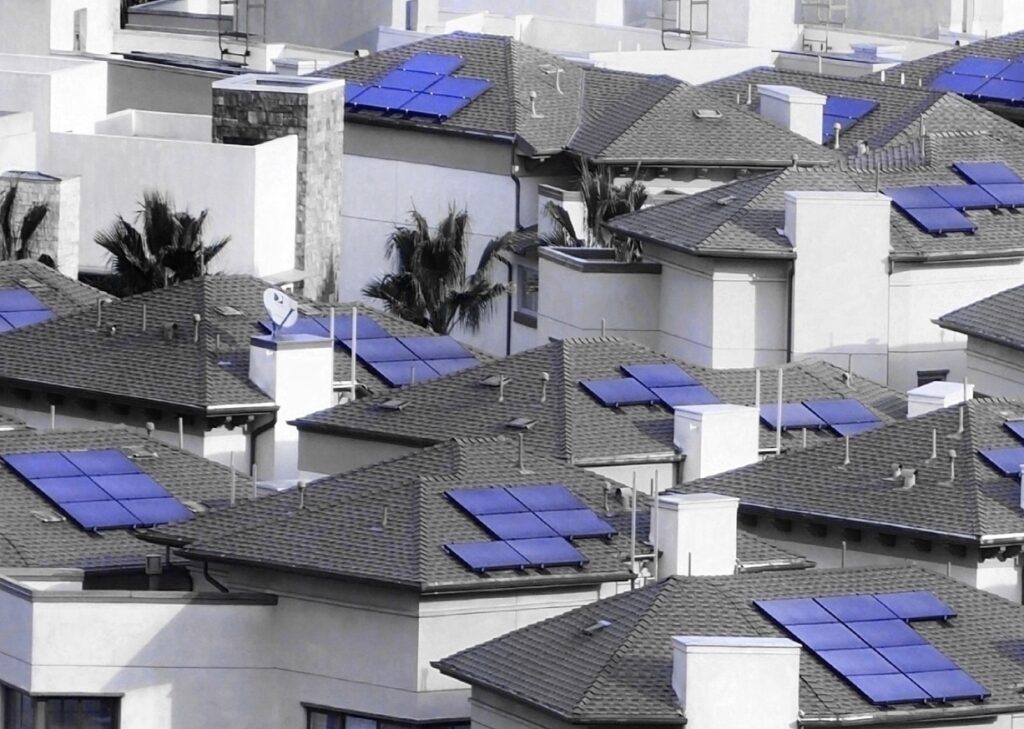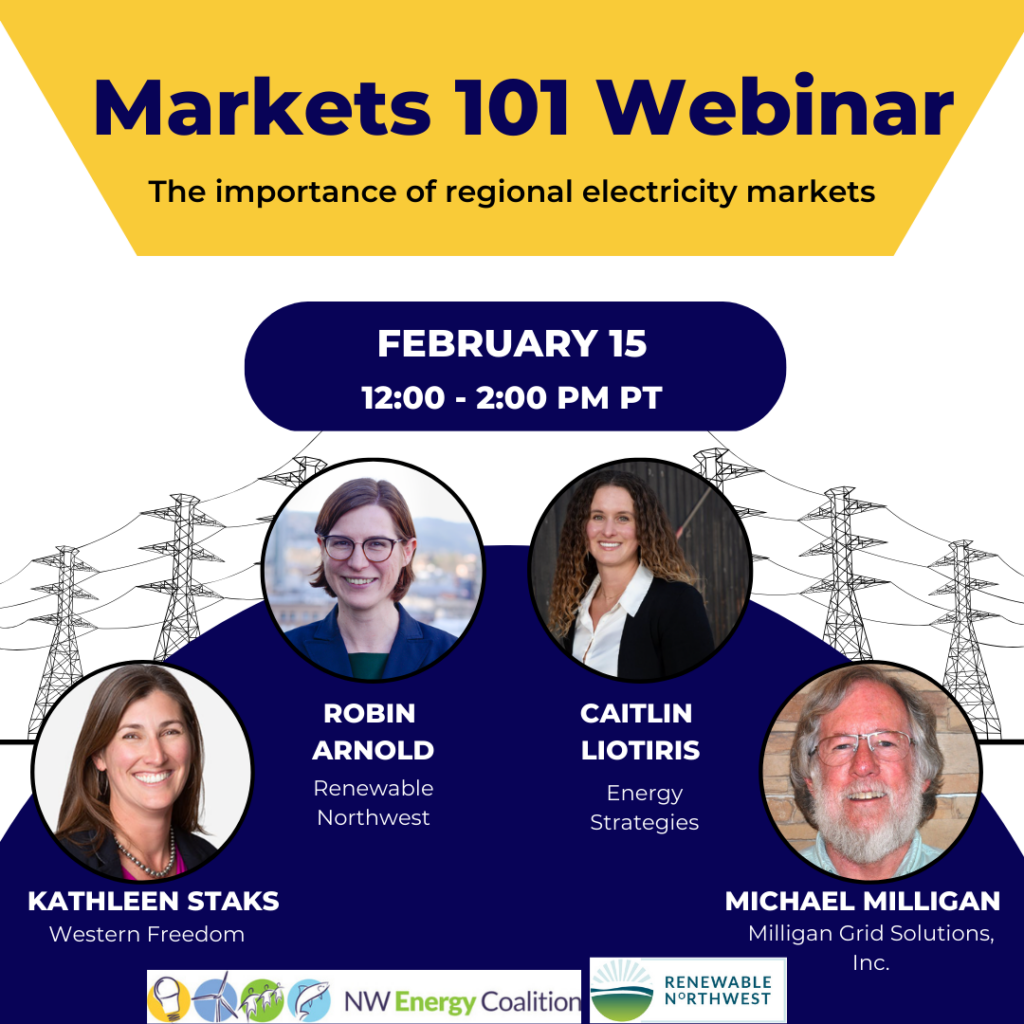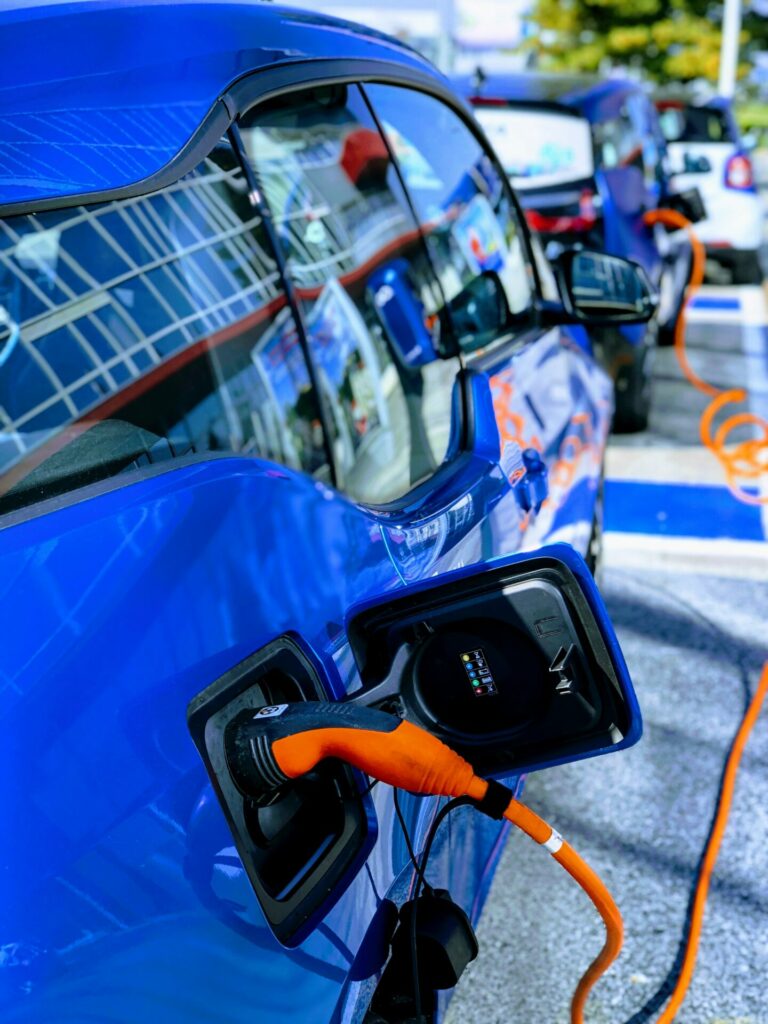Washington
Customer-side resources will be critical as rising electricity demand, extreme weather and climate change impact the Northwest power system
In January 2024, extreme cold descended on the Northwest, causing a significant spike in electricity demand. At the same time, there were serious challenges for energy supplies across the region. But first and foremost, we want to acknowledge those personally affected by the severe weather and send a heartfelt thank you to all the utility…
Read MoreWashington’s Transportation Electrification Strategy tackles the state’s largest source of emissions
Transportation is the largest source of greenhouse gas emissions in the country. This includes Washington, where transportation makes up around 40 percent of the state’s greenhouse gas (GHG) emissions. For the region to achieve its ambitious climate goals, it’s crucial to develop well-planned pathways to decarbonize all sectors of our economy, especially the biggest piece…
Read MoreThe value of centering energy assistance programs on energy burden
As colder weather seeps across the Northwest, most people are switching on heating systems to stay comfortable. Some may not think twice about the impact cranking up the heat has on their energy bill. But for energy burdened households — those who spend 6% or more of their income on energy costs — high energy…
Read MorePublic Comment through 10/30 on Washington’s Transportation Electrification Strategy!
The public comment period opens today on the Washington EV Council’s draft Transportation Electrification Strategy (TES). The TES will serve as a roadmap to support widespread adoption of electric vehicles across Washington. This is one of the largest transportation transitions ever implemented in Washington, so the TES includes strategies for infrastructure, community access and affordability,…
Read MoreA Single, Unified Western Market
Bonneville Power Administration has a key role The West is in the midst of determining how to structure itself into electricity markets, with significant implications for utilities, customers, and the future of a clean, equitable, and affordable western grid. Electricity markets can coordinate and optimize the electricity grid, creating a system that is more reliable,…
Read More2023 Washington Legislative Session Wrap Up
The 2023 Washington State Legislative session concluded on April 24 and there were several significant victories for clean, affordable, and equitable energy. This year’s legislative session was a “long session,” during which the capital and operating budgets are passed. It was also the first year that revenue was available from the Climate Commitment Act (CCA)…
Read MoreCustomer-side resources can reduce risks from volatile energy prices
Winter is here. It’s barely February and we’ve already witnessed the value of a diversified energy system and the risks that come from fossil fuels. Volatile fossil fuel prices are causing concern for customers that end up footing the bill when their utility purchases fossil-fueled power. By accelerating our investments in customer-side resources, we can…
Read MoreMarkets 101 Webinar – February 15, 2023
Presented by: NW Energy Coalition & Renewable Northwest February 15, 2023 12-2pm PT Register here. Join NW Energy Coalition and Renewable Northwest for a virtual 101 discussion about the importance of regional electricity markets. At a high level, expert panelists will give an overview of why markets are important for: With several market options on…
Read MoreElectric vehicle charging standards adopted in Washington
The Washington State Department of Agriculture (WSDA) recently adopted standards for public electric (EV) vehicle charging, often referred to under the more technical name, electric vehicle supply equipment (EVSE). On December 16th, 2022, the Department adopted the final rule, which will take effect on January 1, 2024. By the end of 2022, there were over…
Read MoreLegislative Priorities for 2023
Each year, the NW Energy Coalition advocates at the state level for priority bills and funding to advance a clean, affordable, and equitable energy future. This year’s state legislative sessions are kicking off this month. See our priorities for Washington, Oregon, and Montana below. Washington Investments in Clean Energy and Building Retrofits This year’s legislative…
Read More

